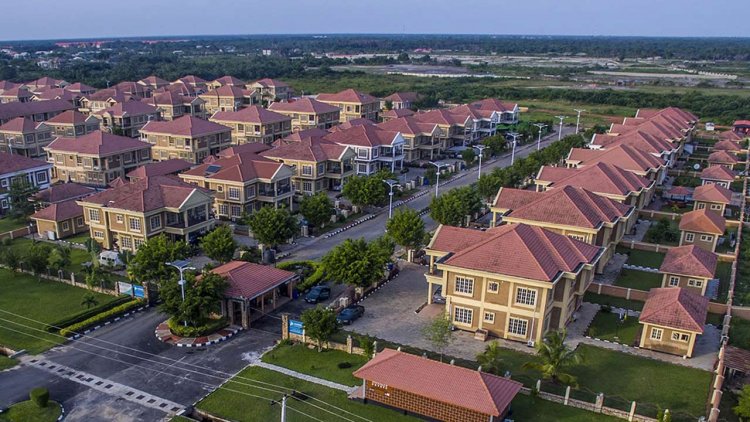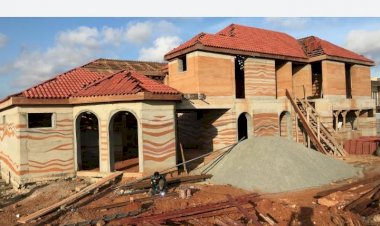A Brief Legal Guide to Real Estate Investment in Nigeria
Real Estate industry Investment in Nigeria is one of the major investment opportunities which attracts both local and foreign investors.

From the commercial city of Lagos to the political capital of Abuja, several companies and individuals alike undertake real estate businesses, whereas many buy real estate property for personal use and as an inheritance for family members.
The real estate business in Nigeria has become a job opener for young individuals willing and able to engage in aggressive and result-oriented marketing, this is a major component of real estate business in the country.
Some Factors Involved in Real Estate Investment in Nigeria
Relevant Laws Guiding Real Estate Transactions
There are several laws that guide/regulate real estate dealings in Nigeria. Real Estate in Nigeria is regulated by federal statutes which include the land Use Act of 1978 and land use laws of various states of the federation.
The land use Act of 1978 is the principal law that was enacted for the purpose of regulating real estate ownership in Nigeria. By the provision of this act, the power to control and administer all lands situated within the geographical area of the state is vested in the Governor of that state for the benefit of citizens.
The Governor has the responsibility of granting a right of ownership of the land to individuals or corporate entities to hold and use the land for a limited-term, and such grant is evidenced by the issuance of a certificate of occupancy or Governor’s consent. By the provision of the land Use Act, it has become unlawful to transfer any interest in land without obtaining the consent of the Governor of the state where the particular land is located.
Acquisition Of Real Estate
Real Estate Acquisition begins with the pre-contract state where due diligence is conducted on the land to be acquired. This allows identity and dealing with issues as the nature of the title, to possible pending litigation, vendor capacity, the physical condition of the land, land survey and if the land is within government acquisition area. This is a stage where the service of a property lawyer is strongly required for guidance and advice.
On the completion of the due diligence exercise and the acquisition of an interest in the land, required documentations are processed. Transactions for the transfer of the land interest above three years are required to be evidenced in writing and by a deed duly executed between transacting parties.
The post-completion stage of real estate transactions involves perfecting the little interest acquired by the land purchaser, the buyer of real estate is responsible for all the costs and taxes required for the perfection of the title paid.
Foreign Investment In Nigeria Real Estate
Under Nigerian law, foreigners are restricted from investing directly in real estate in any part of the country, this is to limit or control foreign monopolization of land ownership in the country. However, by the provisions of the Acquisition of land by Alien Laws, of the states of the federation foreigners may be allowed to acquire real estate from a Nigerian citizen in Nigeria but such acquisition is subject to prior approval of the state governor.
Foreigners can also invest in real estate by the acquisition of land through a corporate body incorporated in Nigeria. Hence, the foreigners looking to invest in real estate in Nigeria must ensure that the prior approval of the state governor is obtained.
Real estate is one of the leading areas of investment that has contributed to the financial economy in Nigeria. However, Nigeria real estate sector is still witnessing a lot of crises which include fraudulent activities by land grabbers, breach of contract by real estate sellers, sale of government acquired lands among others, putting all these problems into consideration, the real estate buyers and investors are advised to always retain the services of good real estate solicitors to navigate such investment.
Edited by Emomeri Maryanne

 Esther Oguntuase
Esther Oguntuase 































